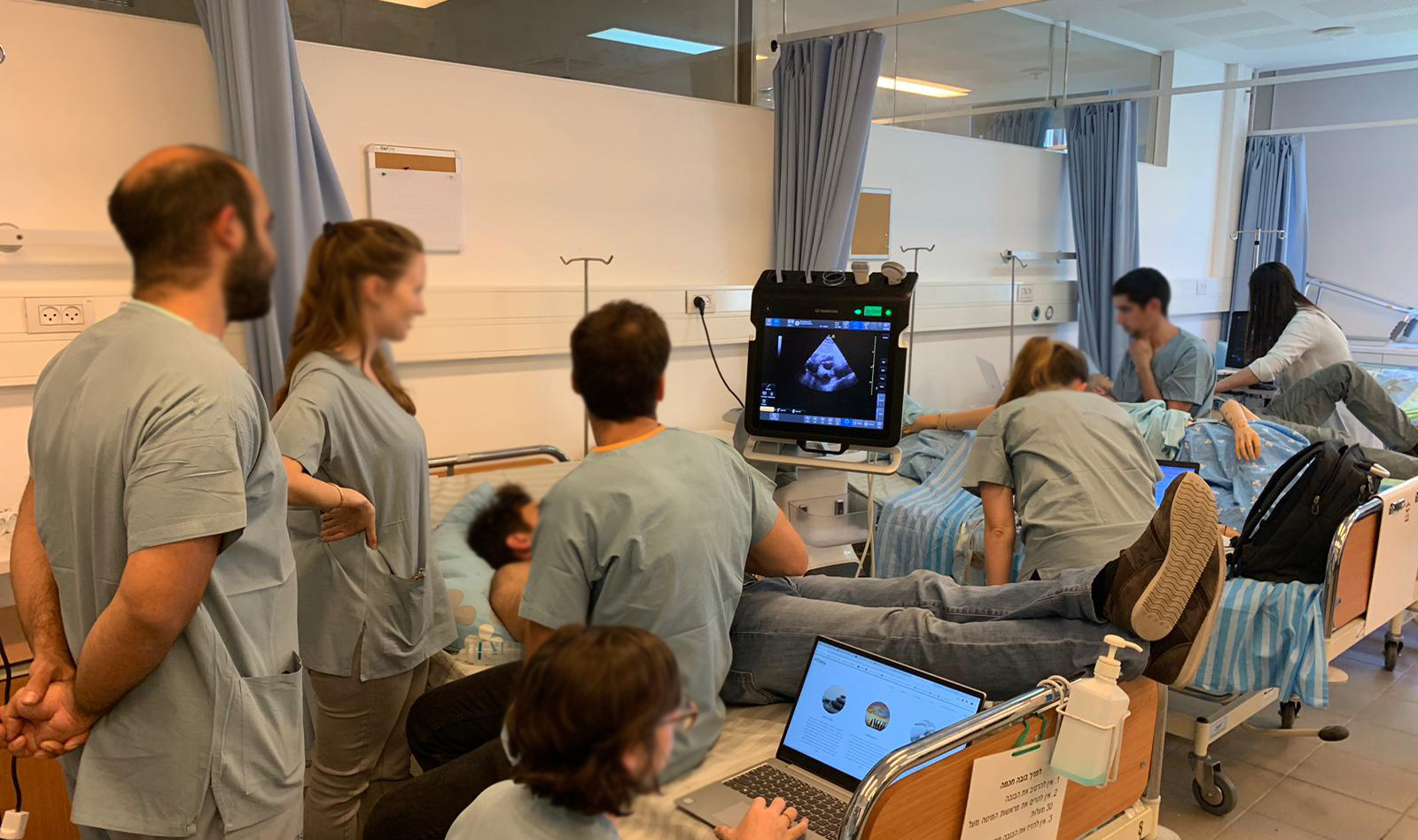Review: Recommendations for Core Critical Care Ultrasound Competencies as a Part of Specialist Training in Multidisciplinary Intensive Care: A Framework Proposed by the European Society of Intensive Care Medicine (ESICM)
Source: Critical Care Volume 24, Article number: 393 (2020)
INTRODUCTION:
Critical care ultrasound (CCUS) has become an integral part of intensive care practice. While international guidelines have focused on training principles and determining competency in CCUS, only few countries have managed to operationalize this guidance into an accessible, well-structured program for clinicians training in multidisciplinary intensive care.
The purpose of this consensus document was to determine which CCUS competencies should be a mandatory part of training in multidisciplinary intensive care.
METHOD
The European Society of Intensive Care Medicine (ESICM) nominated 32 CCUS experts, who underwent a modified Delphi exercise using web-based questionnaires and a final face-to-face round.
RESULTS
All thirty-two selected experts completed the exercise, with 100% response rate for all questions in all rounds. By the end of the process, the team was able to reach consensus on 53 statements and agree on a final list of competencies.
These are the agreed upon topics that should be included in the practice of critical care ultrasound:
Echocardiography
- Syndromes:
- Severe hypovolemia
- LV failure
- RV failure
- Tamponade
- Acute cor pulmonale
- Severe valvular abnormalities
- Left Ventricle:
- Size (qualitative)
- Systolic function (qualitative)
- Contraction pattern (qualitative)
- Valvular disease (qualitative: color doppler)
- Right Ventricle:
- Size (qualitative)
- Systolic function (quantitative: TAPSE, RV/LV ratio)
- Valvular disease (qualitative: color doppler)
- Inferior Vena Cava
- Size (quantitative)
- Respiratory variation (quantitative)
Thoraic Ultrasound
- Syndromes
- Consolidation
- Pleural effusion
- Interstitial syndrome
- Pneumothorax
- Procedures
- Pleural effusion drainage (thoracentesis and/or intercostal drain insertion)
Abdominal Ultrasound
- Free fluid
- Bladder volume (qualitative)
- Hydronephrosis (qualitative)
Vascular Ultrasound
- Syndromes:
- DVT (proximal 3-point compression)
- Vascular access
- Femoral vein
- Jugular vein
- Radial artery
- Femoral artery
DISCUSSION
The author concluded that these recommendations offer the most contemporary set of core CCUS competencies for intensive care clinicians. They also believe that these guidelines will ensure a high standard of training and therefore patient care, since the number of ultrasound practitioners are ever increasing.
 English
English
 Español
Español 

